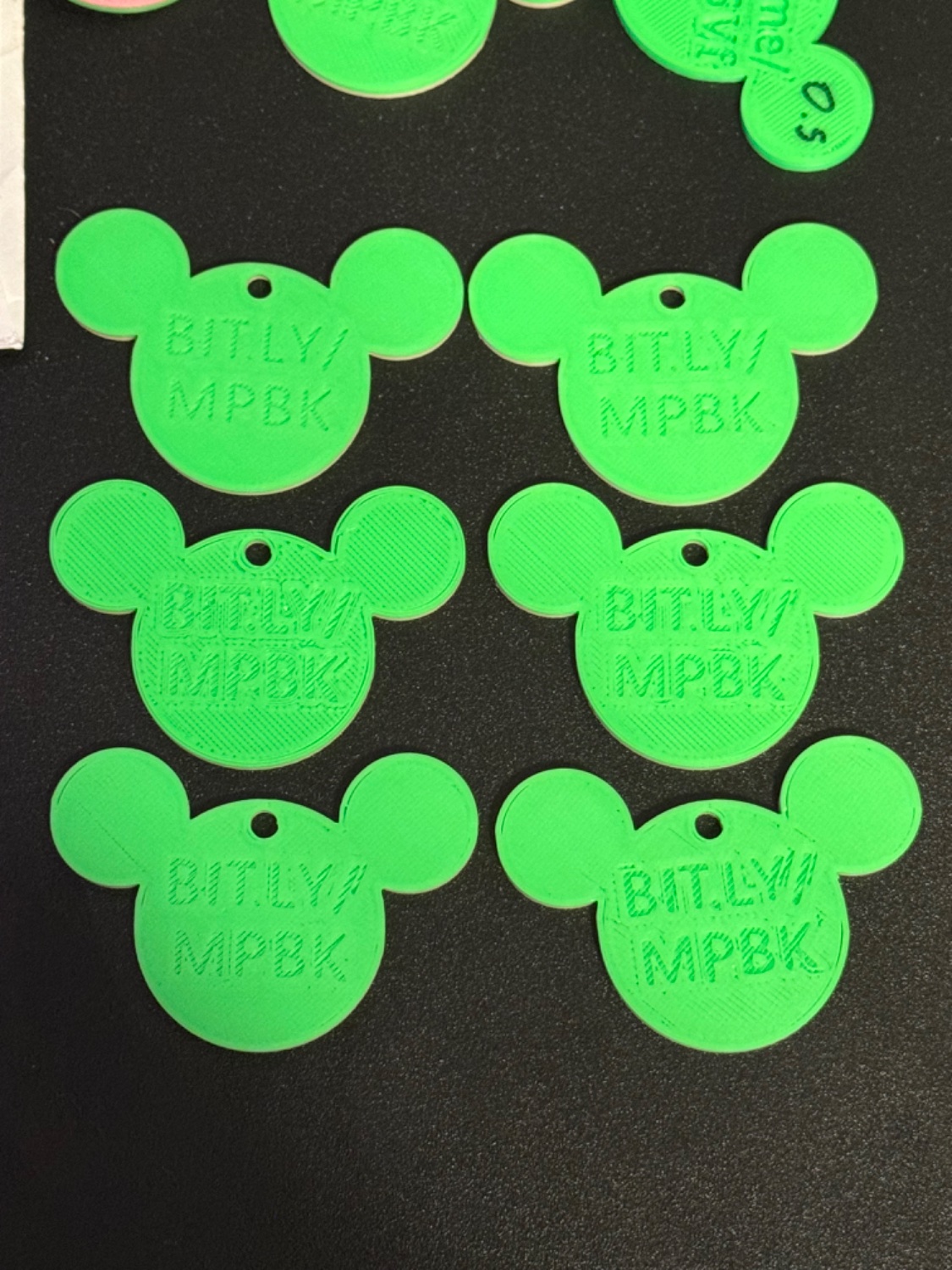view the rest of the comments
3DPrinting
3DPrinting is a place where makers of all skill levels and walks of life can learn about and discuss 3D printing and development of 3D printed parts and devices.
The r/functionalprint community is now located at: !functionalprint@kbin.social or !functionalprint@fedia.io
There are CAD communities available at: !cad@lemmy.world or !freecad@lemmy.ml
Rules
-
No bigotry - including racism, sexism, ableism, homophobia, transphobia, or xenophobia. Code of Conduct.
-
Be respectful, especially when disagreeing. Everyone should feel welcome here.
-
No porn (NSFW prints are acceptable but must be marked NSFW)
-
No Ads / Spamming / Guerrilla Marketing
-
Do not create links to reddit
-
If you see an issue please flag it
-
No guns
-
No injury gore posts
If you need an easy way to host pictures, https://catbox.moe may be an option. Be ethical about what you post and donate if you are able or use this a lot. It is just an individual hosting content, not a company. The image embedding syntax for Lemmy is 
Moderation policy: Light, mostly invisible

Your first layer seems inconsistent. What z sensor are you using? Were these printed in quick succession or did the printer have time to cool?
My thinking is this could be due to thermal drift in your homing sensor. First print will be solid, then subsequent prints will have a warmed up sensor resulting in a different z offset. Try minimizing variables by making your preheating consistent. Or just baby step the z-axis during the print start.
Back to back prints so that may play into it, good point! Haven’t used it for a day so I’m kicking off a calibration and then printing a five batch to see how that looks.
For consistent preheating are you meaning like preheat the bed and hot end and then run the calibration? I just moved to a K1 Max from a CR-10 that I paper leveled so I’m very new to auto leveling and tricks for that. Thank you for the feedback!